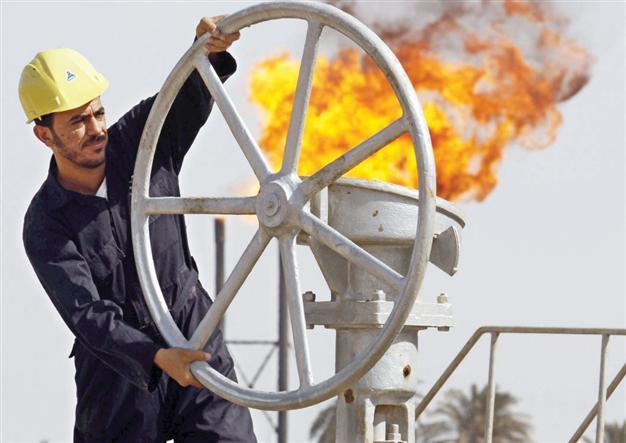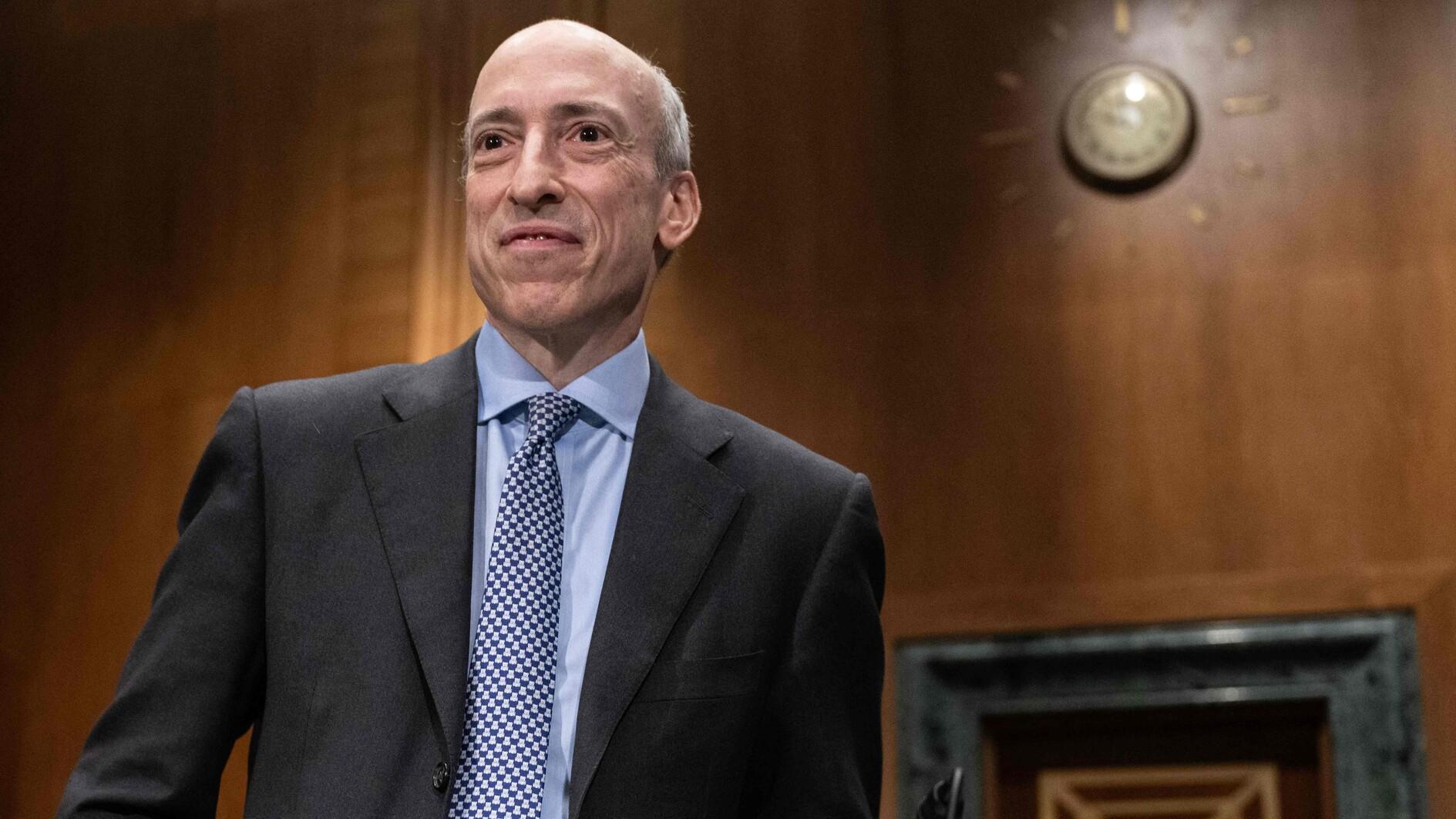Despite friction, Turkey pursuing energy deals with Arbil, Baghdad
ANKARA - Hürriyet Daily News

A worker operates valves at an oil refinery near the city of Basra. Iraq is considering building a pipeline from Basra to Kirkuk. AP photo
Despite Baghdad’s harsh reaction to the Iraqi Kurdish Regional Government’s exports of crude oil to Turkey, Ankara plans to move ahead with new energy cooperation projects with the Iraqi government.A technical delegation from the Iraqi government will visit Turkey shortly for negotiations on the Basra-Kirkuk pipeline project agreement, an official from the Ministry of Energy told the Hürriyet Daily News yesterday. “The Kirkuk-Ceyhan pipeline operates at a capacity of only 35 percent. The Basra-Kirkuk line will increase the capacity for oil transported to Ceyhan,” the official said, adding that Iraq had requested the project.
Ties with both sides
Elaborating on news reports that Baghdad has declared Turkey’s import of crude oil from the Iraqi Kurdish government to be illegal, the Turkish official said the problem was between Iraq’s central government and Arbil, not with Turkey. Ankara is enhancing energy cooperation with the Iraqi government as well as the regional government, the official said.
The Kurdish Regional Government began exporting an unspecified amount of crude oil by truck to Turkey last week, where it can be refined into various products before being taken back to northern Iraq, the official said.
However, the central government in Baghdad insists that it reserves the sole right to export oil, which accounts for the lion’s share of the country’s income.
The Iraqi government said crude-oil exports from northern Iraq to Turkey were “illegal” and threatened to take “appropriate action,” in a continuation of recent tensions between the two.
“This is an illegal and unconstitutional business that we will take the right decision on,” said Faisal Abdullah, spokesman for Iraq’s Deputy Prime Minister for Energy Hussein al-Shahristani.
“The Oil Ministry [in Baghdad] solely reserves the right to export crude oil, gas or oil products to other countries,” Mr. Abdullah said.
A dispute over oil between Baghdad and the Kurdish government in Arbil has worsened recently, with Iraqi Kurds having stepped up oil production and export capabilities, and also cutting off oil exports to Iraq in a payment row.
The Kurdish Regional Government has signed dozens of contracts with foreign oil firms, despite the central government saying that all oil contracts must go through Baghdad.
Turkey taking risks with Arbil oil trade
ISTANBUL - Hürriyet Daily News
Ali Kayalar
Energy-hungry Turkey, searching for new oil suppliers after dramatically cutting imports from Iran due to a Western embargo, has entered a rocky road in northern Iraq by starting to buy crude directly from the Arbil administration.
Following a strong purchase in April, Turkey sharply reduced Iranian oil imports last month before the start of the EU embargo that started on July 1. The country imported 110,000 barrels per day during June, from 250,000-280,000 bpd in early 2012. Despite a 20 percent cut in Iranian oil exports as a part of U.S. sanction exemption, Turkey still buys nearly a half of its oil needs from Iran, which evidently does not promise energy sustainability in the shadow of a growing Tehran-Washington rift due to the Islamic republic’s nuclear program.
Turkey’s first reaction to replace the Iranian oil was trying a chance with Libya and Saudi Arabia. However, it was not the only nation to apply to these suppliers.
However, the central Iraqi government, another leading supplier, has signaled no compromise in its policy to force foreign buyers into direct ties. Iraq has strongly opposed Turkey’s direct crude purchase from Arbil, declaring the move illegal. Baghdad has already threatened Western oil searchers with a ban from the country’s rich southern oil fields in case they continue direct trade and research activities with the Kurdistan Regional Government in the north. ExxonMobil has been eliminated from a tender for new oil fields in the south.
Turkish officials use careful wording while addressing the dispute between the local and central governments in Iraq, naming it a domestic problem of its neighbor. However, it cannot avoid taking risks to meet its growing energy needs. The official growth target, more than 4 percent for 2012 according to some Cabinet ministers, is widening the gap even further.
Turkish companies are increasingly dominating northern Iraqi oil, but this may not pledge sustainability. It may even bring the overall supply safety into question, in light of a lingering conflict over Iraq’s long-awaited hydrocarbon law.
These concerns do not even mention the security problems in Turkey’s southern borderline.
















